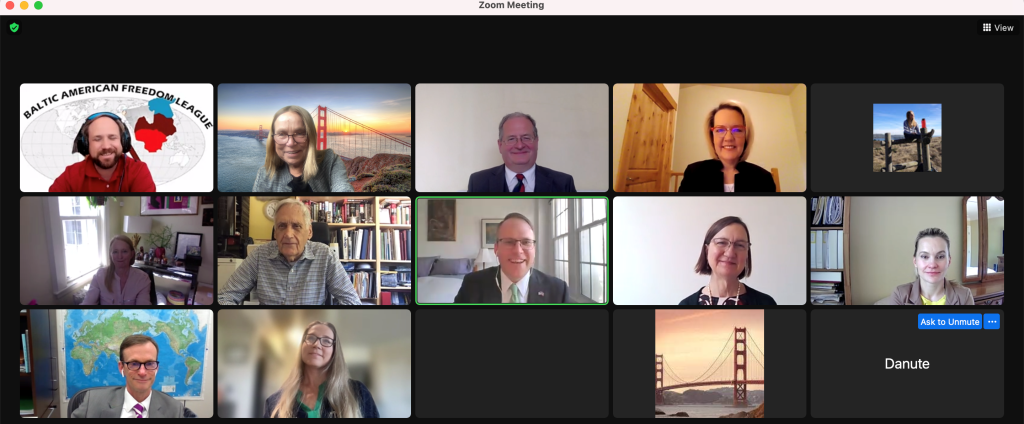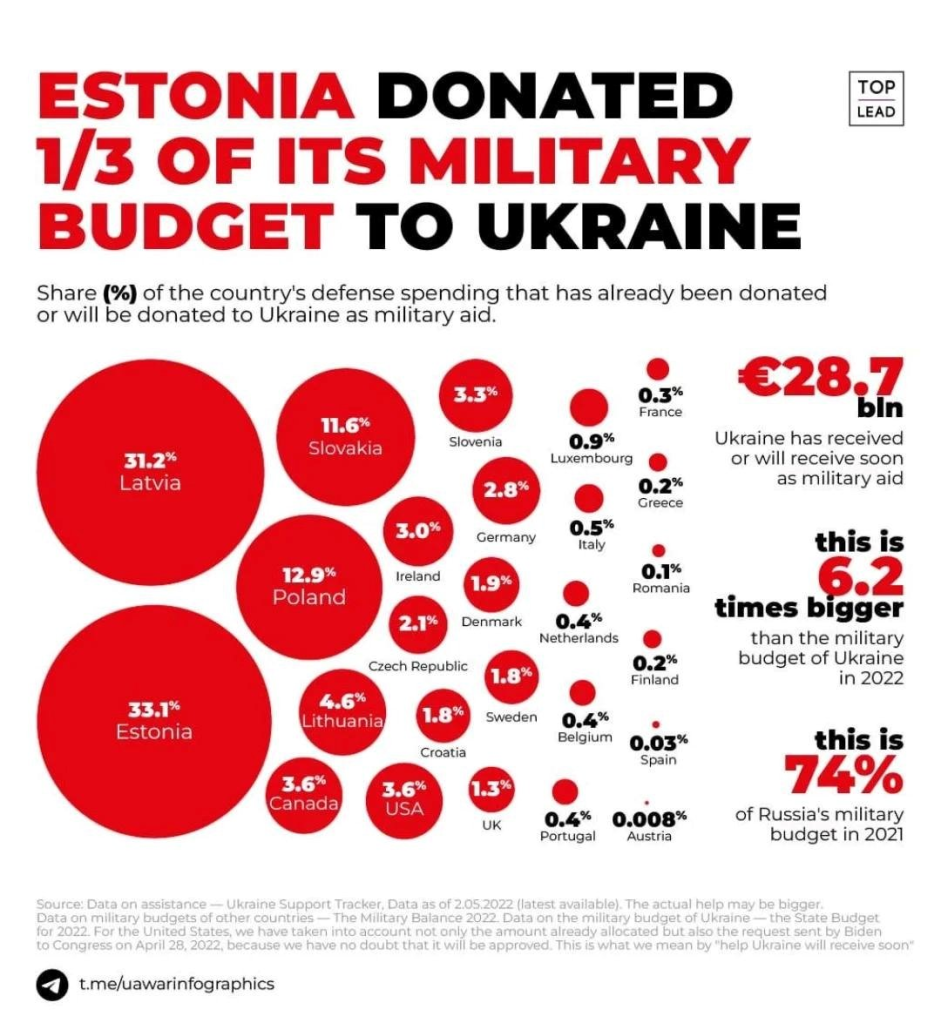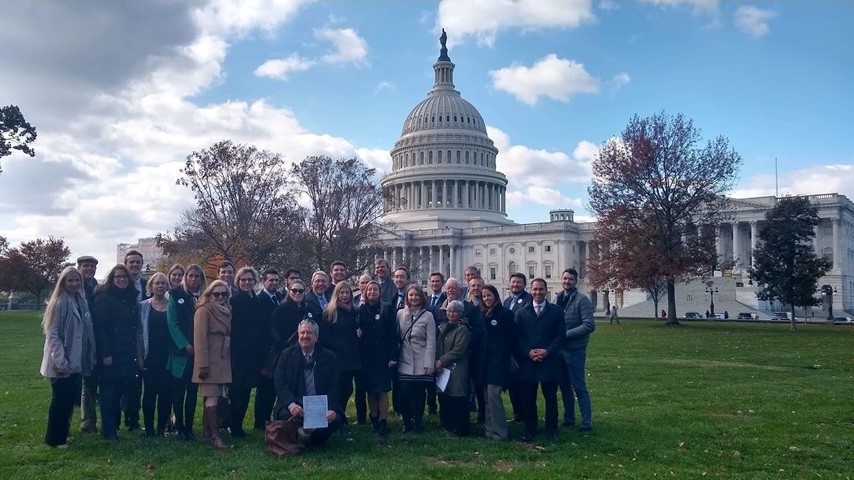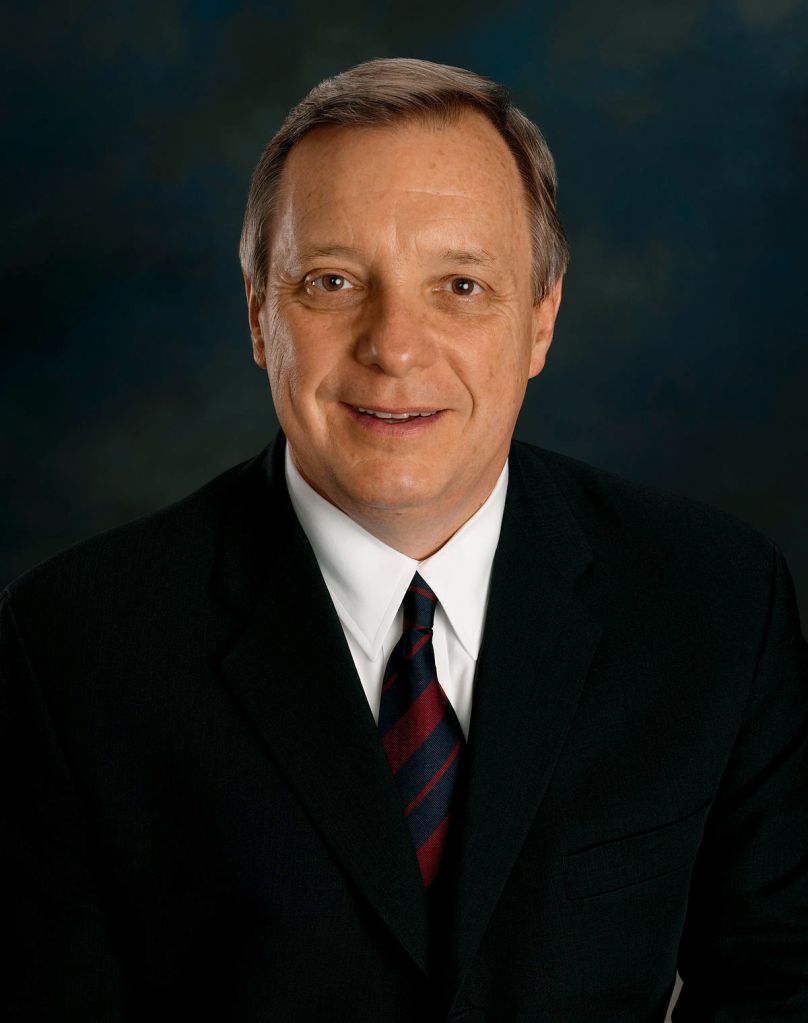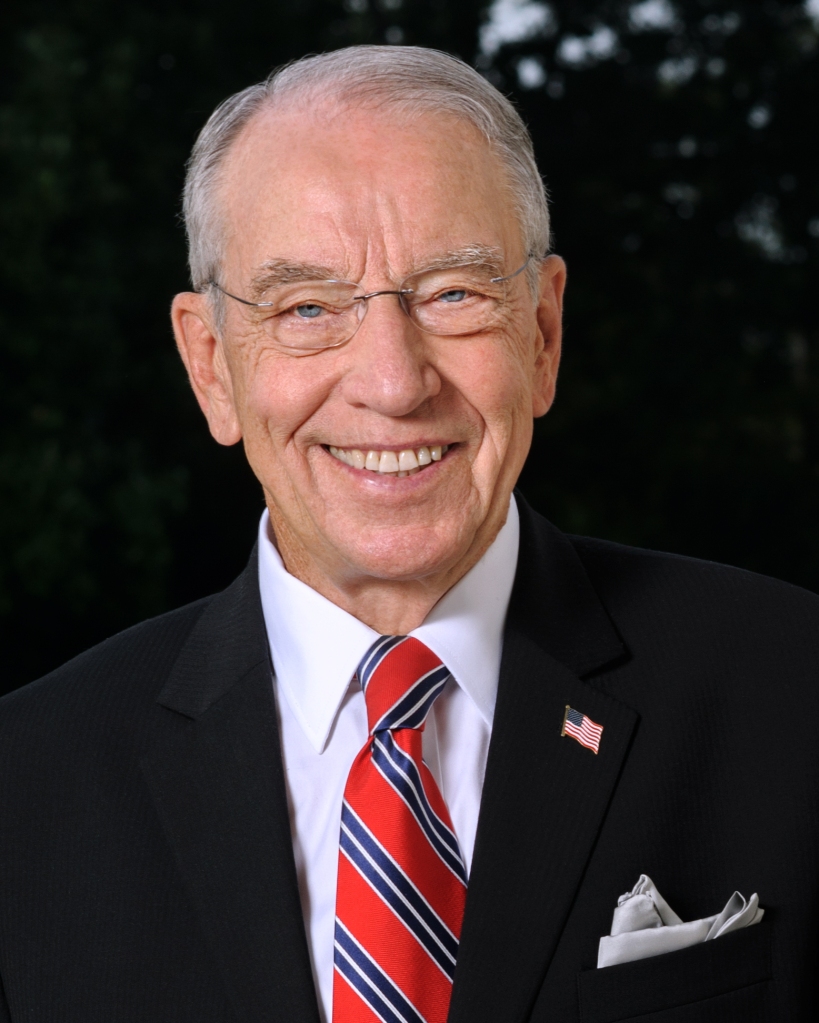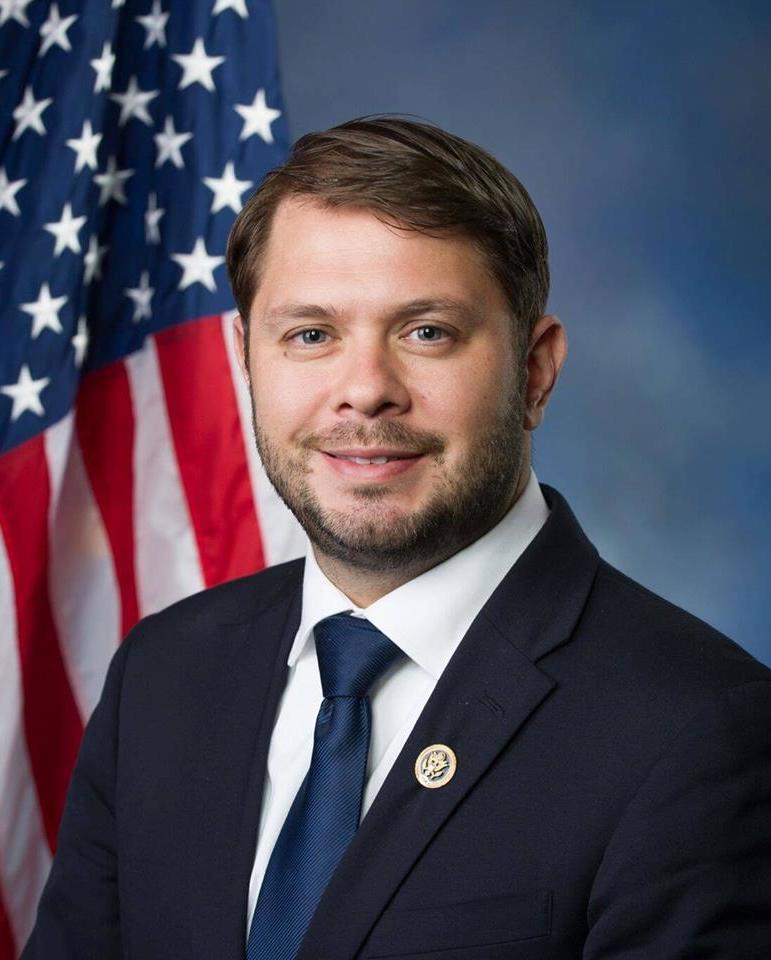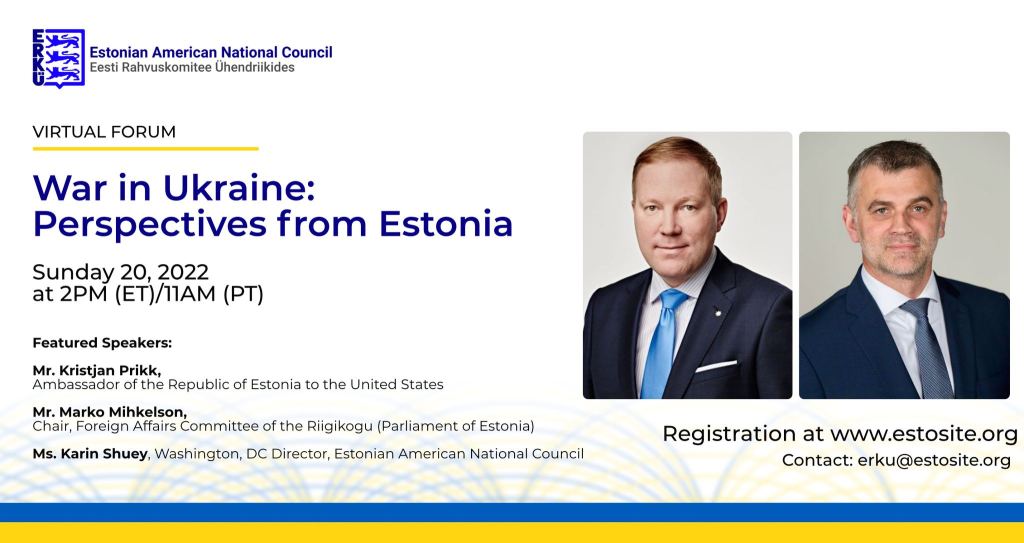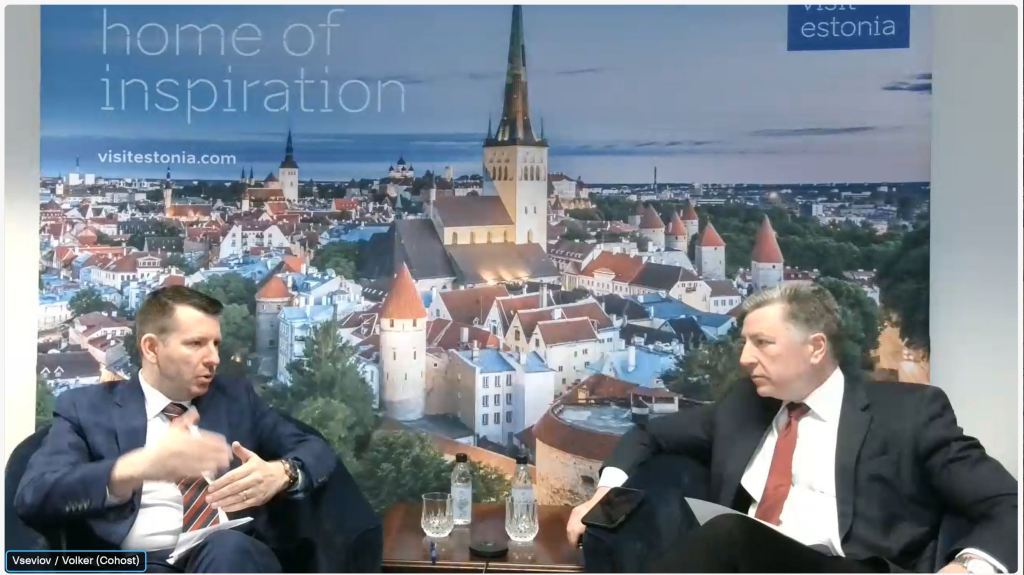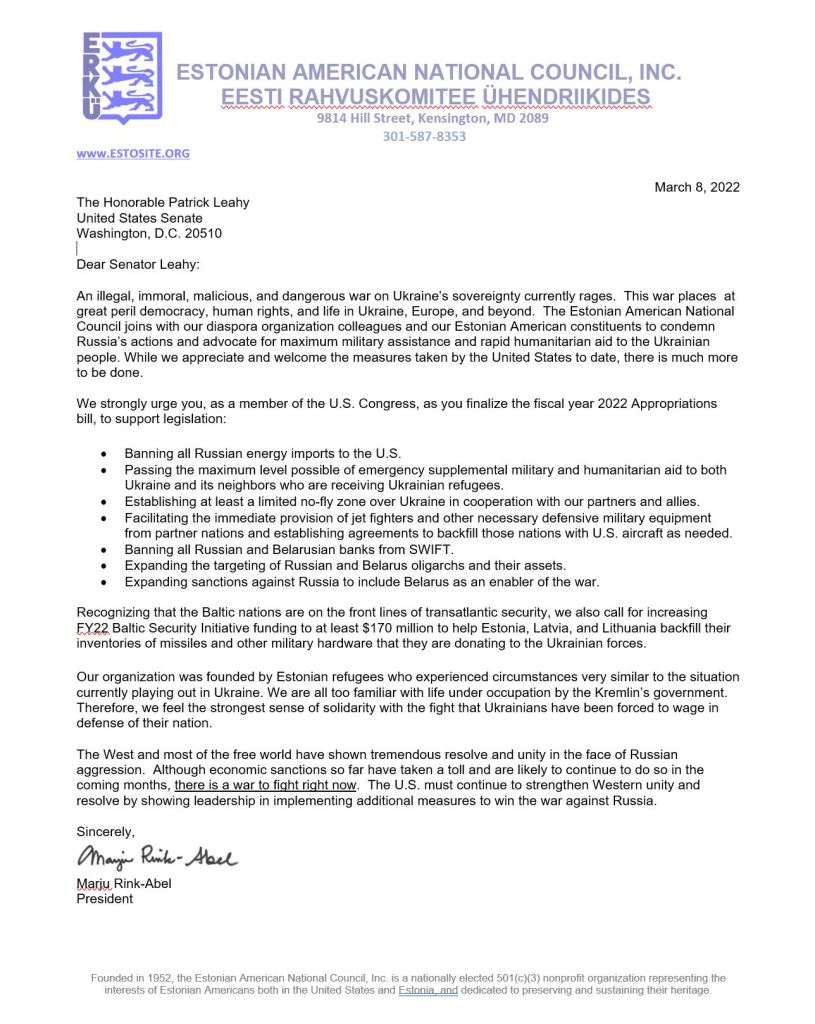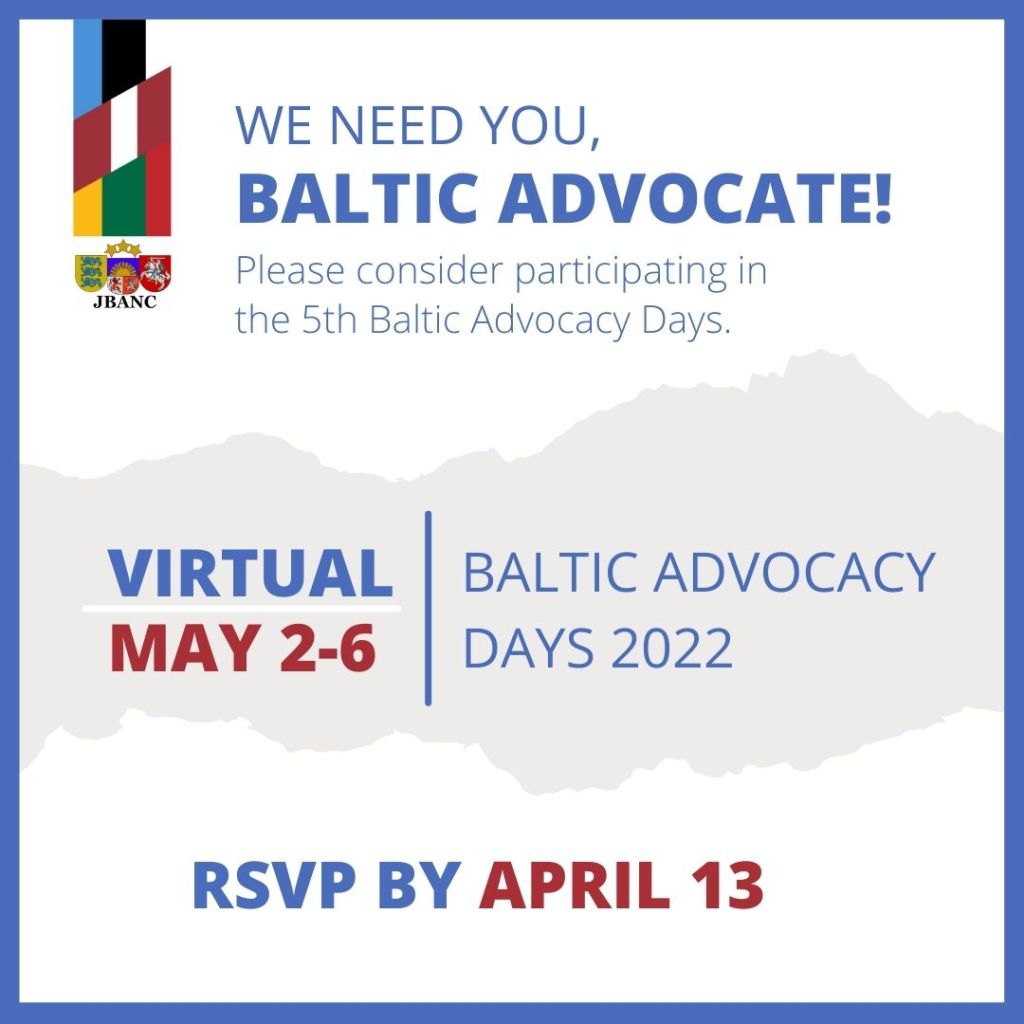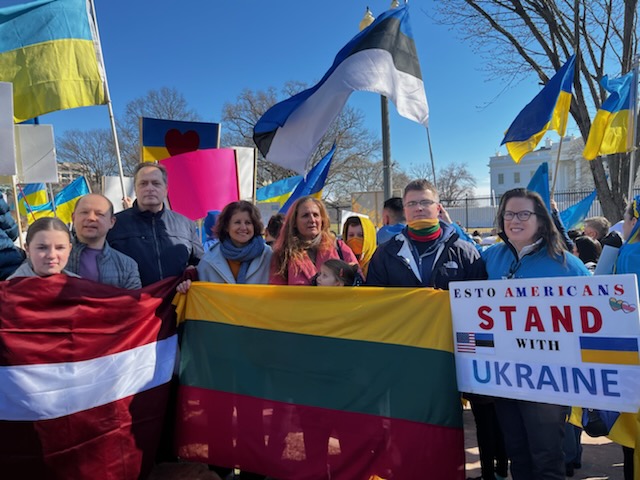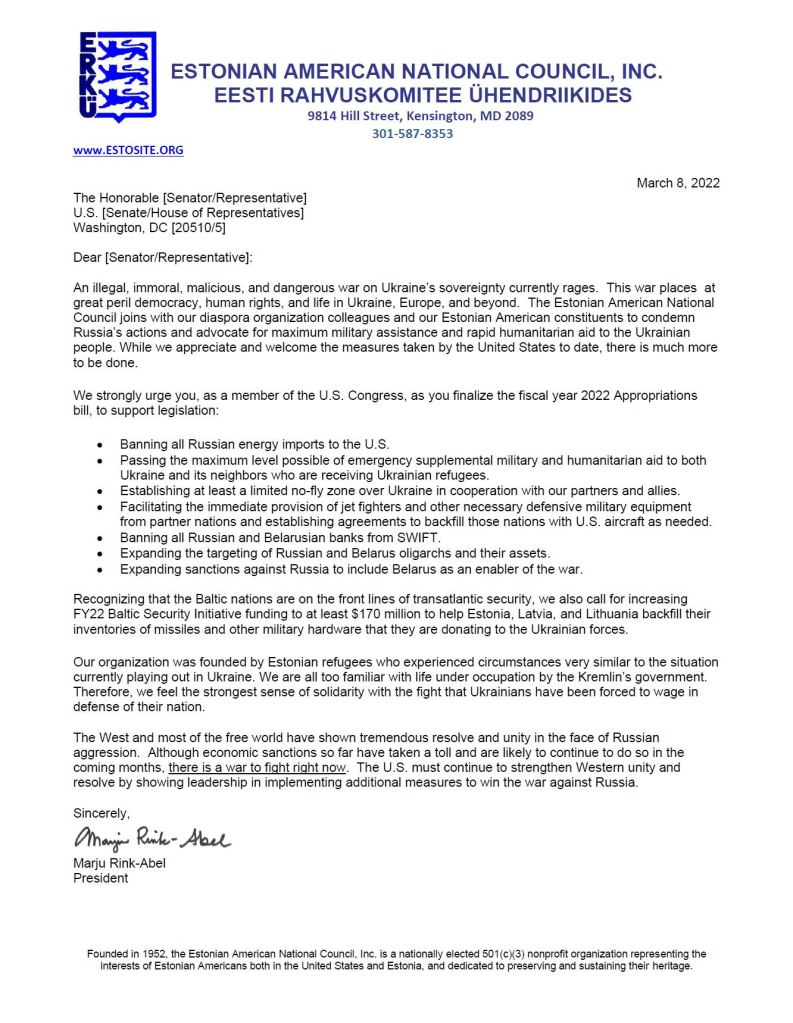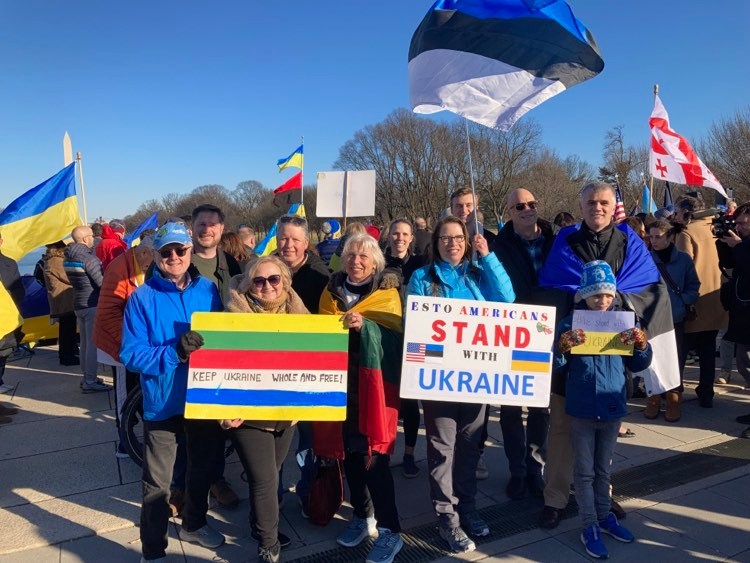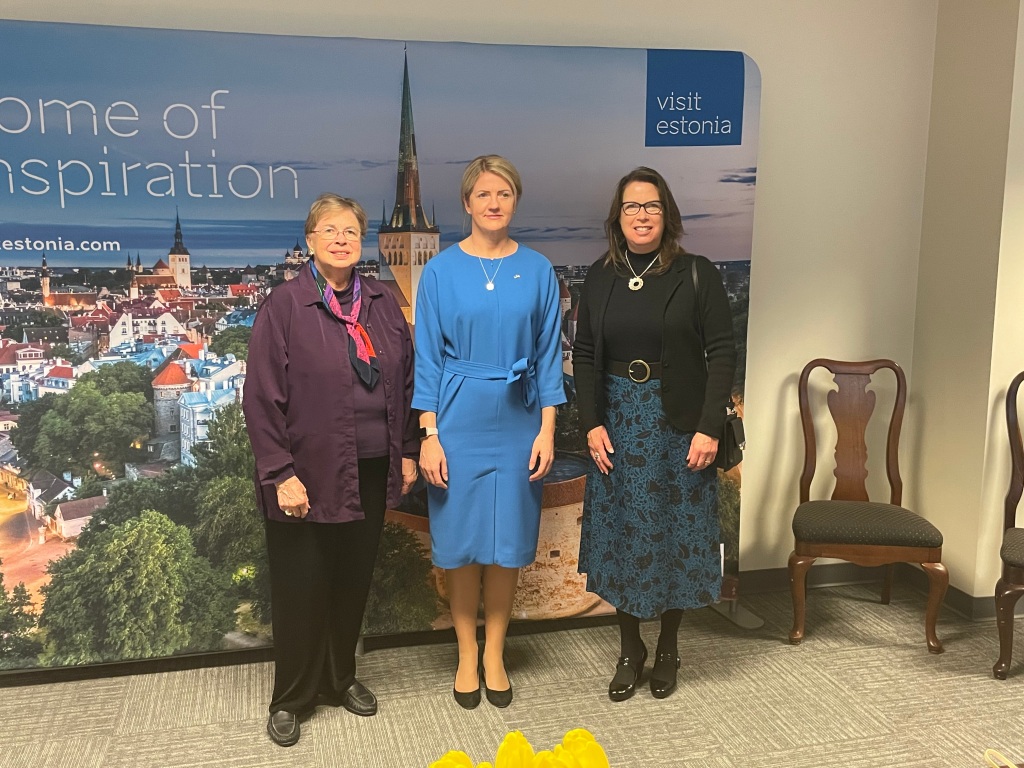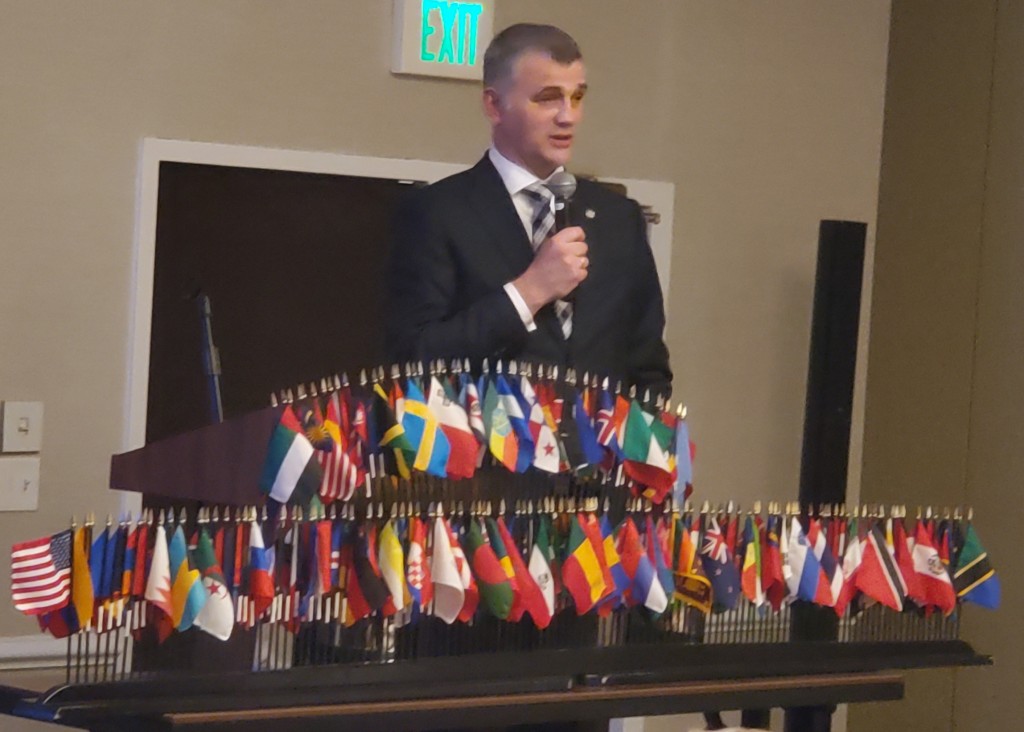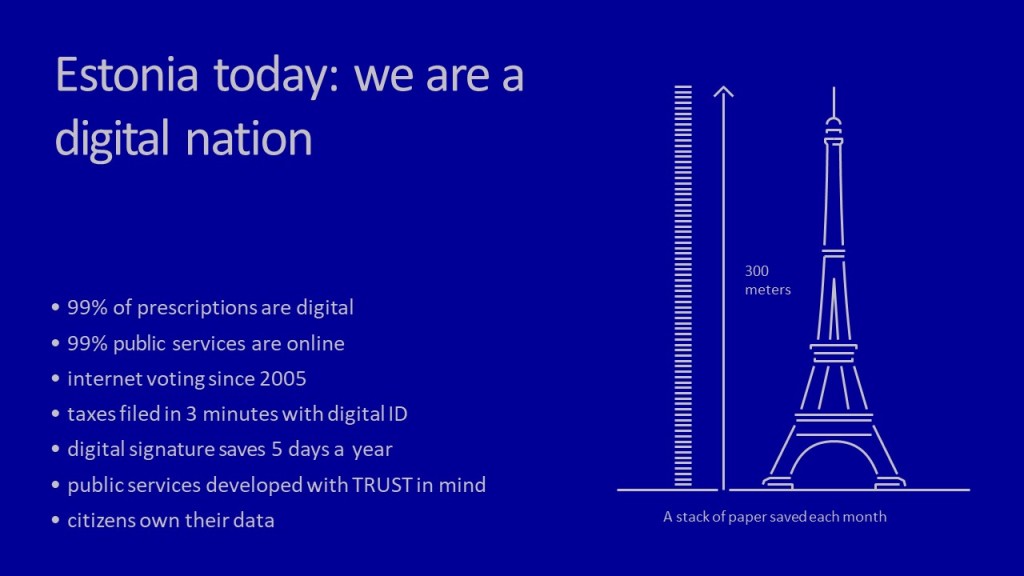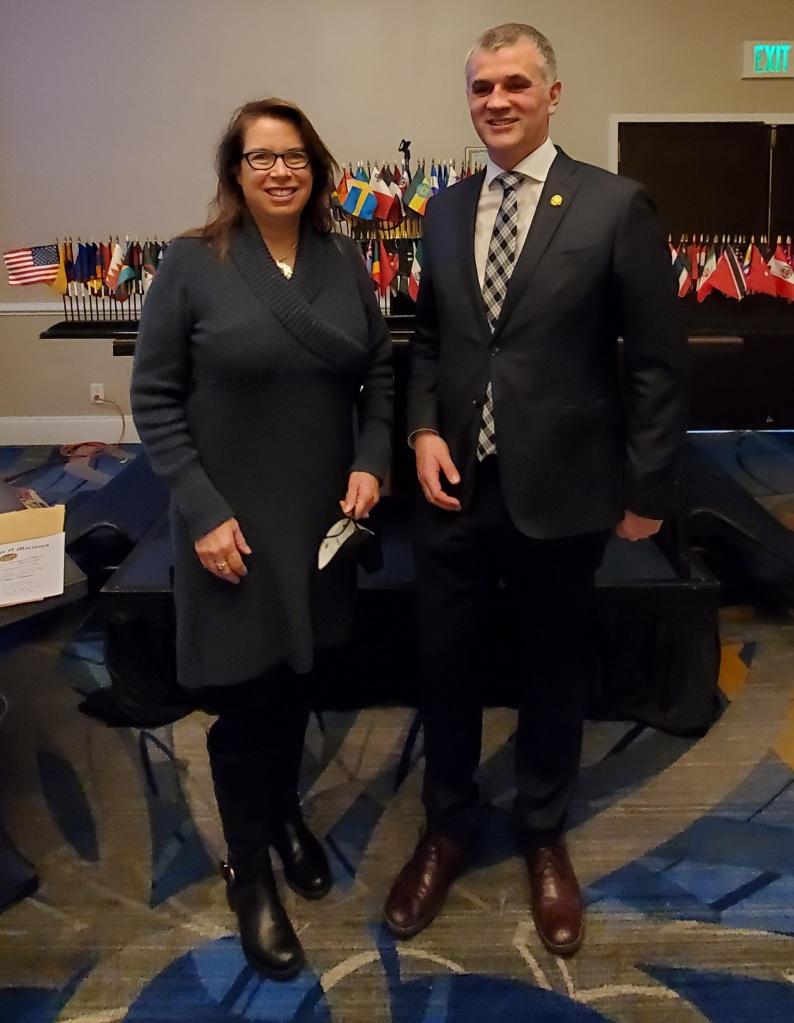On March 29, Senate Baltic Freedom Caucus (SFBC) co-chairs Dick Durbin (D-IL) and Chuck Grassley (R-IA) introduced the Baltic Defense and Deterrence Act, a bipartisan bill that will build on the $180 million appropriated in the fiscal year 2022 defense budget for the Baltic Security Initiative. House Baltic Caucus (HBC) co-chairs Congressmen Ruben Gallego (D-AZ) and Don Bacon (R-NE) introduced companion legislation in the House of Representatives.
The bills propose the authorization of $250 million annually for fiscal years 2023 through 2027 to “enhance and strengthen U.S. security and economic cooperation with the Baltics amid Russia’s continued aggression toward the Baltics and heightened tensions with China,” according to the press release from Senator Durbin’s office. Specific long-term regional capability projects include integrated air and missile defense, maritime domain awareness, land forces and special operations forces development, and improving the Baltic nations’ cyber and hybrid threat defenses and resilience.
The bills also introduce the Baltic Security and Economic Enhancement Initiative, which provides for $60 million per year over the same five-year period for the purpose of increasing security and economic ties with the Baltic countries. This part of the legislation has goals that include mitigating the impact on the Baltic countries of economic coercion by Russian and China; identifying new opportunities for foreign direct investment and United States business ties; and bolstering United States support for the economic and energy security needs of the Baltic countries.
Support for the bills will be a main focus of the upcoming Baltic Advocacy Days, scheduled for May 2-6, and organized by the Joint Baltic American National Committee (JBANC). Participants will discuss virtually with Congressional offices the key security issues impacting Estonia, Latvia, and Lithuania. More information and the registration link are available at jbanc.org. All Baltic Americans and friends of the Baltic nations are invited to take part. Registration is open until April 13.
The Senators and Congressmen were quoted expressing their support for the bills and Baltic security.
Senator Durbin:
Not only do I have strong personal ties to the region, but the Baltic countries are essential NATO partners in upholding democratic values abroad. Our bill deters Russia from extending Putin’s war into NATO territory, strengthens our partnerships with the Baltics, and enhances their capabilities as critical allies on NATO’s eastern flank. I remain steadfast in my support for the Baltic States as they work to combat Russian aggression as well as Chinese economic pressure.
Senator Grassley:
The three Baltic countries have been model NATO allies, contributing above two percent of GDP on defense, fighting alongside American soldiers in various missions and providing invaluable expertise in cyber defense, strategic communications and energy security. The Baltics have been warning about the nature of the Putin regime for years and were among the first to provide critical lethal military aid to Ukraine. It is past time to close strategic gaps in NATO’s most exposed flank. Ukraine’s experience shows that Vladimir Putin does not respond to warnings or signals, so deterrence requires a robust defensive military capability in place.
Congressman Gallego:
With Russia’s invasion of Ukraine, Putin has shown his blatant disregard for democracy. That is why it is more important than ever to shore up a strong level of support for our Baltic allies in Latvia, Lithuania, and Estonia. The $180 million secured for the Baltic Security Initiative in this year’s omnibus spending bill is a tangible example of U.S. support, and the Baltic Defense and Deterrence Act is a meaningful next step demonstrating our continued and steadfast commitment to our Baltic allies.
Congressman Bacon:
The tragic events of the last month have taught us once again that freedom must be defended from tyranny. We are now watching in real-time the incalculable human cost when deterrence fails. The geography and history of the Baltic states of Estonia, Latvia, and Lithuania have made them a tempting target for Putin’s aggression since the end of the Cold War. This legislation builds on the foundation of enhanced security in the Baltics that Congress has worked to establish over the last several years. Freedom must be preserved, and the Baltic Defense and Deterrence Act demonstrates America’s commitment to our most vulnerable allies.
Senator Durbin’s full press release and his remarks on the Senate floor regarding the bill are available at www.durbin.senate.gov under Newsroom/Press Releases for 03.29.22. The press release from the House side is posted at rubengallego.house.gov under Media/Press Releases for March 30, 2022. For reference in contacting elected officials, the bill number in the Senate is S.3950 and the House bill is H.R.7290. The full text of both bills can easily be searched at www.congress.gov.


